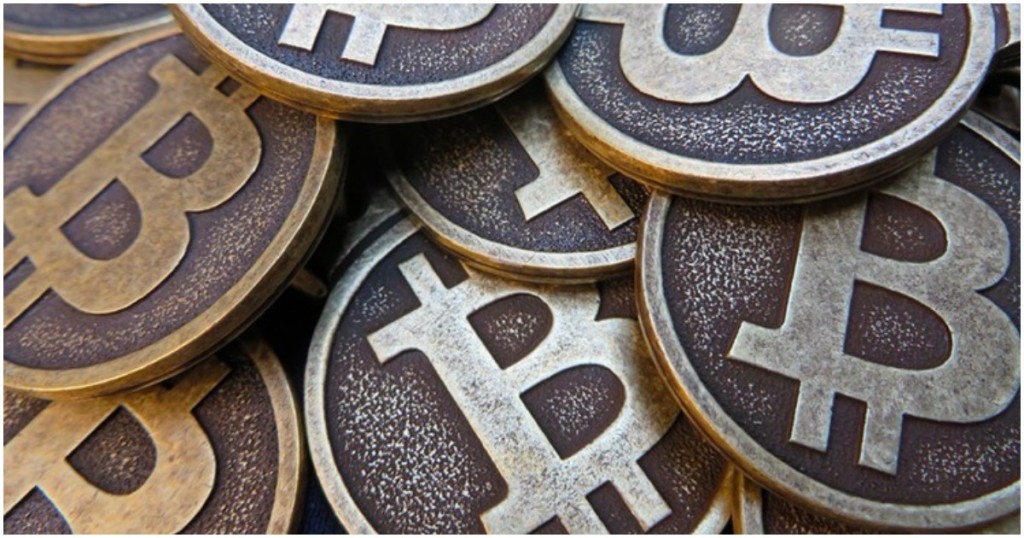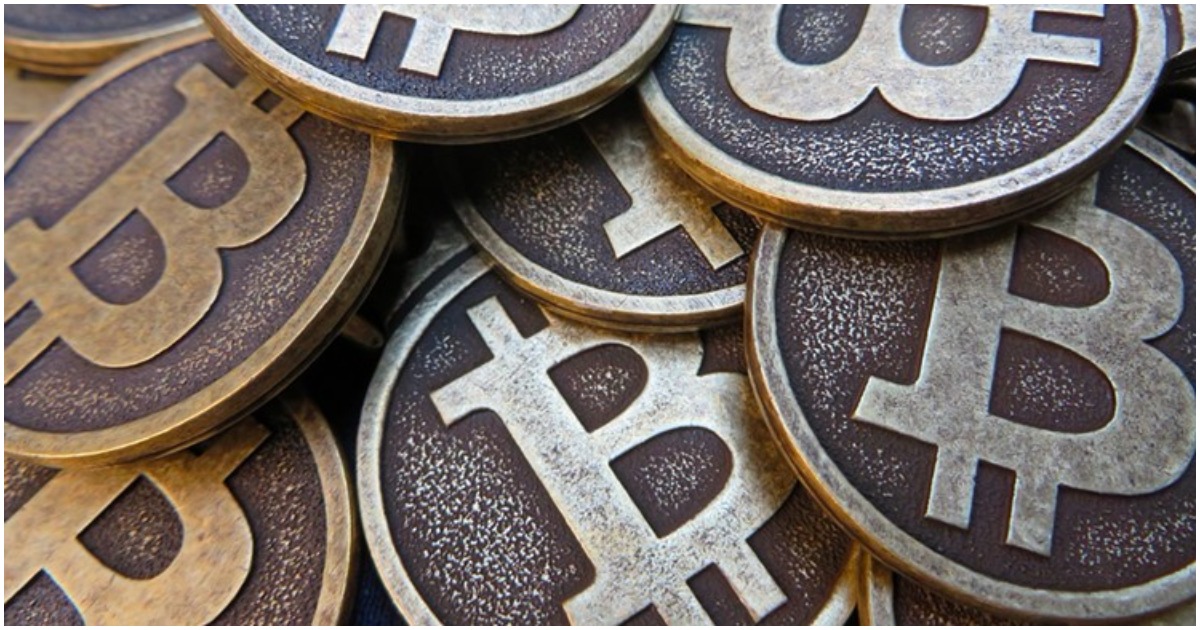These days, the prices of cryptocurrencies are rising and falling at a rapid pace, and everyone is trying to get their hands on some crypto. If you’re new to the space, you’re probably wondering: how am I supposed to store this token? The answer is simple: crypto wallets.

What are crypto wallets?
A crypto wallet is a way to store your digital currencies. You know how the wallets in your pocket keep your bills and coins safe? Well, crypto wallets work in a similar way. The biggest difference between a physical wallet and a crypto wallet is that crypto wallets are purely digital.
These wallets work by confirming digital transactions with a private key, which is similar to your bank account’s PIN number. Your wallet’s private key prevents unauthorized users from accessing your crypto, and they also stop hackers from creating transactions without your approval.
A lot of times, crypto exchanges will give users a free wallet when creating a new account. This is a simple way for crypto traders and buyers to keep their digital currencies stored in one place. If you do a quick Google search for crypto wallets, you’ll find out that there are different kinds of wallets, each tailored to a specific style of trading.
What are the types of wallets?
There are 2 types of wallets when referring to crypto: hot wallets and cold wallets.
Hot wallets:
Hot wallets are typically web-based, mobile-based, or located on your desktop. They can also be mostly on exchanges. Hot wallets are always connected to the Internet, meaning that you can typically trade online using hot wallets.
Cold wallets:
Cold wallets are typically wallets that are used offline. These wallets may be stored on a physical USB stick, on an offline computer, or cellphone solely used for storing cryptocurrencies. Cold wallets can also mean paper wallets, which is kind of like a mix between a physical wallet and a digital wallet.
The main difference about these wallets is that a hot wallet always operates online while a cold wallet typically works offline. While cold wallets can connect to the Internet to make transactions, they are typically associated as offline wallets. We’ll talk more about this in a bit.
Pros and cons of hot wallets
Some people will prefer hot wallets, others, cold wallets—they each have their own set of advantages and disadvantages. To give you an idea of which you should be going for, here are the pros and cons of each wallet type.
Pros:
- Accessibility: Since hot wallets typically operate online, they are easy to access as long as you have an internet connection.
- Ease of use: Hot wallets are more straightforward compared to their cold wallet counterparts.
- Pricing: Unlike cold wallets, hot wallets typically don’t cost a penny to use. You can receive a hot wallet simply by signing up with an exchange site.
Cons:
- Vulnerability: While there are several positives to holding a hot wallet, a downside is that these wallets may not be as protected as a cold wallet. If you own a hot wallet through an exchange site, you’re privy to their security network. The site’s network can be secure, but some exchanges may have weak security as well. You’re basically at the mercy of the exchange’s security protocol if you use their hot wallet.
- Limited storage: Because hot wallets are more prone to hacks than cold wallets, you’re encouraged to keep smaller quantities of crypto in a hot wallet. If you were planning to buy large sums of BTC, it is highly recommended that you look into cold wallets.
- Connectivity: Hot wallets are great for fast and quick trading, especially when they’re connected to an exchange site. However, there is a downside: a wallet’s connection to the Internet means that it’s constantly open to online attacks, which can lead to stolen crypto funds.
Cold wallets: pros and cons
Cold wallets are useful for many reasons, but similar to hot wallets, they have their own downfalls as well.
Pros:
- Security: Because cold wallets are typically offline, a hacker needs to gain physical access to your wallet or your associated info with the wallet to steal your funds.
- Portability: Unlike hot wallets that need internet connectivity to function, cold wallets can be carried anywhere. Imagine having a digital wallet packaged like a USB. You can physically take it with you to locations without internet access.
Cons:
- Pricing: While hot wallets are given freely by exchange sites, cold wallets can cost you. On average, a cold wallet can cost between 50 USD to 200 USD, which can be an investment for some traders.
- Inconvenience: Just as cold wallets are super secure because they aren’t connected to the Internet, they are also more inconvenient for this exact reason. It’s hard to make transactions quickly using a cold wallet because it isn’t connected to the Internet like hot wallets are.
Which wallet should I use?
There are several wallet options you can use when holding your crypto. However, it’s recommended by most experts to keep both a hot and cold wallet. Many crypto owners with significant funds, such as whales, will hold most of their funds in a cold wallet since it is known to be more secure.
Alternatively, to make a cold wallet more convenient, crypto carriers will sometimes use a cell phone as a wallet. To make transactions or withdraw crypto, they may move their coins to a hot wallet that is located on a different network or device via bluetooth or WiFi. Then after the transaction is complete, traders will turn off the bluetooth or WiFi on the phone holding the cold wallet.
Using a mixture of both types allows you to get the best of both worlds. By using a hot and cold wallet, your funds are secure and easy to use. However, it’s essential to do your own research into wallets and choose the best option for you. One wallet might work well for certain BTC holders but not for others.
The choice is yours
With BTC’s growing notoriety, hot and cold wallets are becoming more debated and researched. More importantly, they are evolving at fast rates. While cold wallets are preferred by many in the crypto community, hot wallets are becoming increasingly secure and more popular as well. Whatever type you choose, keep your personal trading priorities in mind and always do your research.
*The content of this article is for informational purposes only, you should not construe any such information or other material as legal, tax, investment, financial, or other advice.
